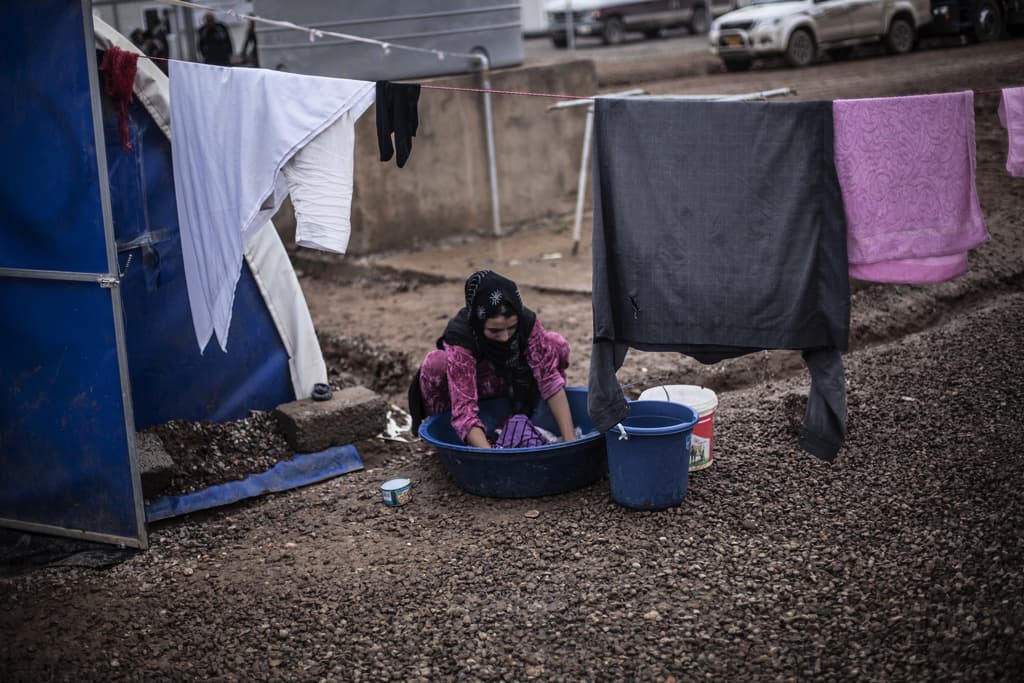Men who have murdered, raped, and assaulted women are going free in Iraqi Kurdistan, according to Amnesty.
Survivors are said to receive neither protection nor justice. Instead, they are questioned and belittled – and the men are protected.
The authorities in the autonomous region in northern Iraq are neglecting violence against women, according to a report from Amnesty International. The extremely high levels of violence against women are maintained by a lack of political will and a judicial system that supports impunity, the human rights organization claims.
Amnesty's report highlights a number of cases of severe violence against women and girls in the region, often committed by relatives or husbands.
In one case, it is described how a teenage girl had both her ears cut off by her brother for using social media. In another case, a woman who was raped by her brother – and became pregnant as a result – was told by a judge that the assault had not occurred if she had been "a well-behaved girl".
Was married – got reduced sentence
Women who take their perpetrators to court are questioned and belittled, according to Amnesty, while the men are protected. A man who raped his 16-year-old cousin is said to have received a reduced sentence because he was married and had a family to take care of.
"They teach men how to get away with rape and murder", notes a manager of a shelter to Amnesty.
Widespread violence against women in Iraqi Kurdistan – including so-called honor violence – has been a known problem for decades. Despite the authorities promising improvement and introducing new, more progressive legislation, very little has happened.
"Currently, it amounts to little more than ink on paper", says Aya Majzoub, Amnesty's deputy director for the Middle East and North Africa, about the law.
Like prisons
Survivors of domestic violence are betrayed time and time again, according to the report.
"From the moment they flee abusive situations, these women and girls face daunting obstacles in their pursuit of protection and justice", says Majzoub.
The few shelters that exist are said to have substandard and prison-like conditions, which often lead to the women being forced back into violence and abuse.
According to official figures, 30 women were killed in Iraqi Kurdistan in 2023 and 40 the year before. Non-governmental organizations, however, warn of a large dark figure – the actual number of female murders is believed to be significantly higher, according to Amnesty.
Mia Holmberg Karlsson/TT
Facts: Iraqi Kurdistan
TT
The Kurds have had full control over about two-thirds of the area they call Iraqi Kurdistan since 1992.
This refers to three provinces in northeastern Iraq: Dahuk, Erbil, and Sulaymaniyya, which are governed as an autonomous region with their own president and parliament through the so-called Kurdistan Regional Government (KRG).
In practice, the Iraqi central government has no influence over these areas, which have been self-governing for a long time before the current constitution was written.
The de facto capital is Erbil.
Iraqi Kurdistan borders Iran to the east, Turkey to the north, and Syria to the west. The area is largely mountainous, with several high peaks.
Source: Landguiden/UI






